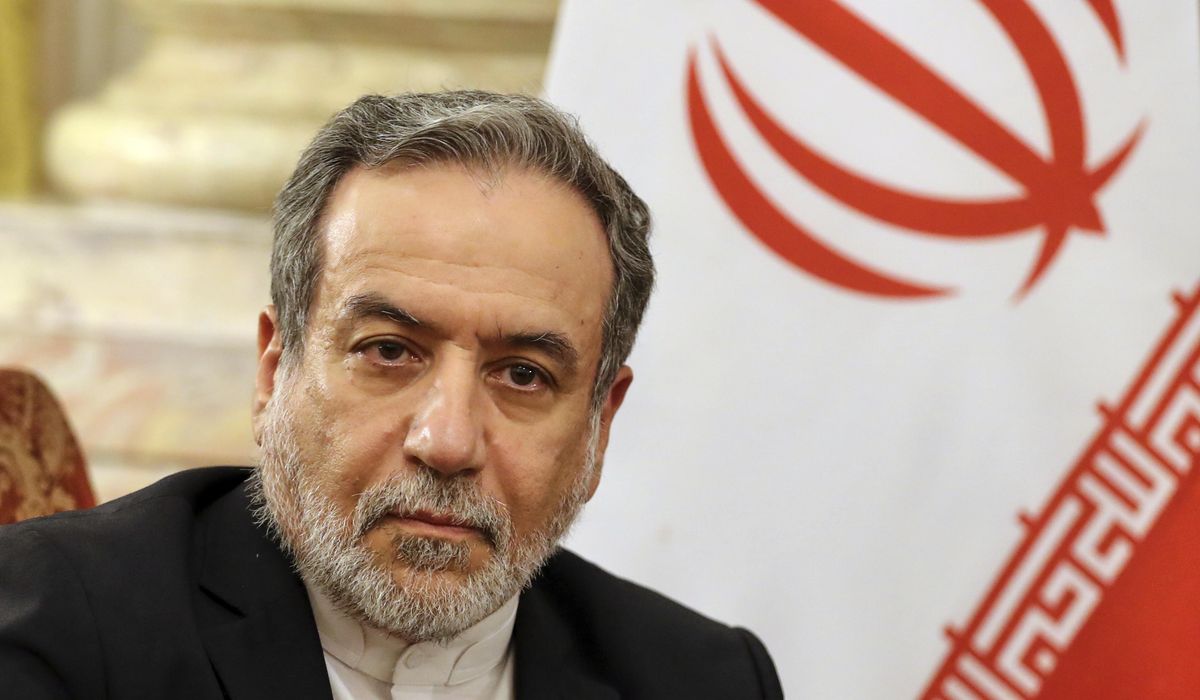


Iran on Tuesday dismissed President Trump’s proclamation of peace in the Middle East in his speech before the Israeli government, saying his words don’t align with his administration’s actions.
Iranian Foreign Minister Abbas Araghchi said Tehran would be wary of entering formal diplomatic talks with Washington after Mr. Trump directed airstrikes on the Islamic Republic’s nuclear facilities in June.
“There is also the question of how the Iranian Nation can be expected to give any credence to an olive branch extended by the very same hand that was involved in the bombardment of homes and offices across Iran only 4 months ago,” Mr. Araghchi posted on X. “One can hardly be branded as President of Peace while provoking endless WARS and aligning with WAR criminals. Mr. Trump can either be a President of Peace or a President of War, but he cannot be both at the same time.”
Iran’s top diplomat also accused Mr. Trump of being misled by Israeli intelligence, which Mr. Araghchi said manipulated the U.S. into entering a war with Iran.
Israeli and U.S. officials have insisted that Iran’s nuclear program was dangerously close to developing a nuclear weapon, while Tehran has maintained that its atomic program is purely for peaceful purposes.
During his speech before the Israeli Knesset on Monday, Mr. Trump repeated his desire to prevent a nuclear-armed Iran while leaving the door open for negotiations. He also called on Iran to stop funding military proxies, renounce terrorism and formally recognize Israel.
“And to Iran — and as you know, this is not said out of weakness, there’s no weakness — but I’m going to say this: That we are ready when you are, and it will be the best decision that Iran has ever made. And it’s going to happen,” Mr. Trump said.
Tehran and the U.S. were engaged in diplomatic negotiations this year before the 12-day Israel-Iran war in June. During those talks, U.S. negotiators repeatedly insisted that Iran should have its enrichment rights revoked to ensure Tehran does not create a nuclear weapon. The demand was largely a nonstarter among Iranians, who view enrichment as a crucial component of their national sovereignty.
Since the June war, U.S. officials have confirmed that Washington is open to talks with Tehran but have insisted Iran not be allowed to keep a nuclear program. Iran has said it would not enter talks with the U.S. before receiving assurances that the negotiations would not once again be interrupted by military strikes.
• Vaughn Cockayne can be reached at vcockayne@washingtontimes.com.
